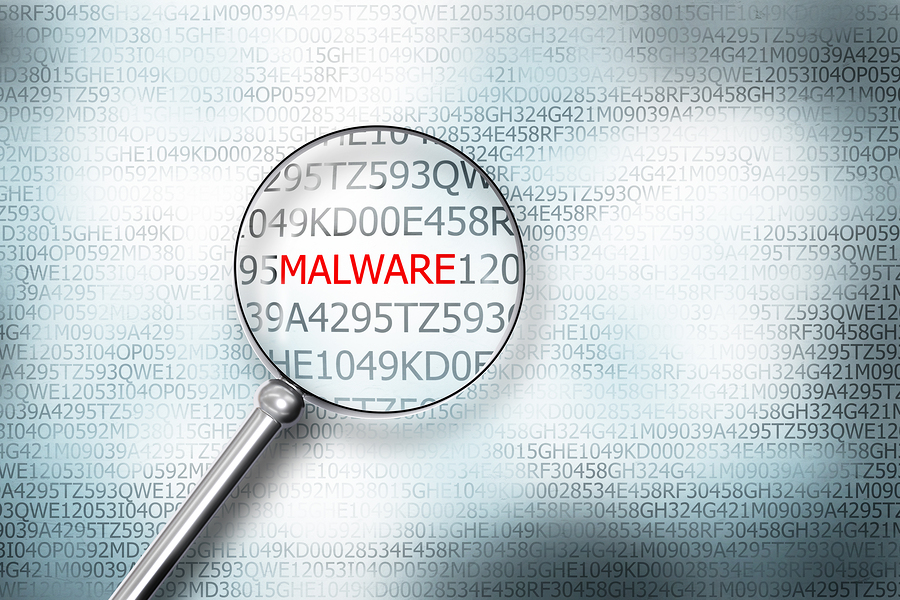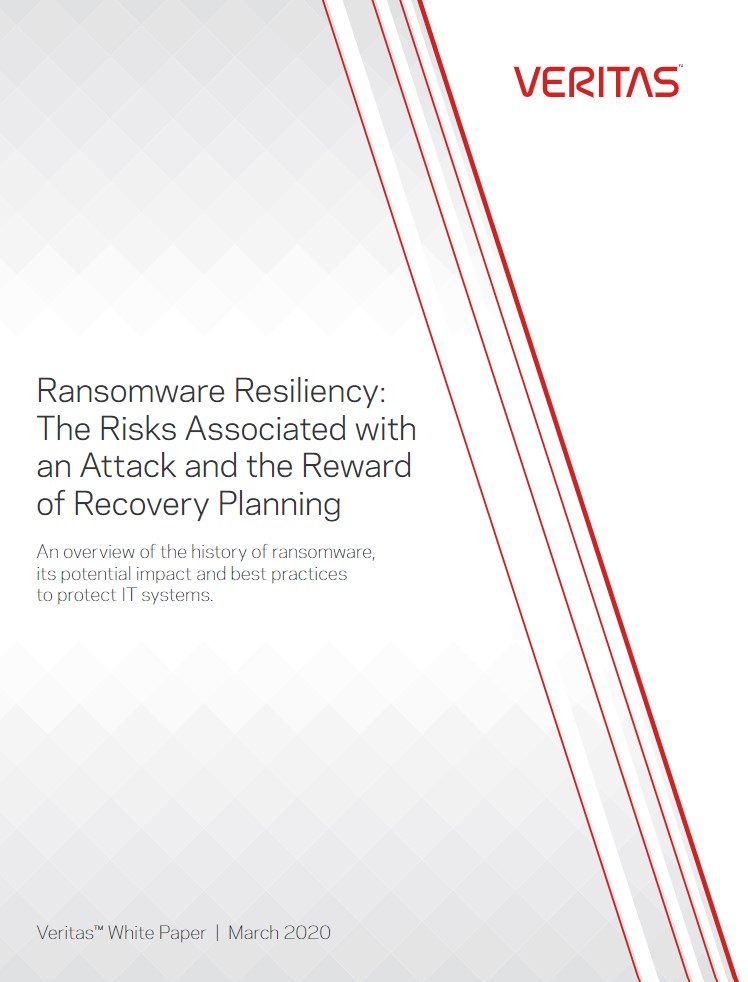Malspam campaigns distributing QakBot on the rise
Ransomware as a service is also becoming increasingly accessible via social media


Security researchers have warned that the hackers behind the QakBot (aka Qbot) Trojan are collaborating with major ransomware groups to allow access to compromised enterprise networks for secondary attacks.
According to NTT Group’s 2020 Global Threat Intelligence Report, it identified the malware throughout compromised networks during incident response engagements.
Dan Saunders, senior incident response consultant at NTT, said that the malware’s appearance followed successful privilege escalation and lateral movement using harvested compromised credentials. The malware also has a connection with DoppelPaymer.
“This is of significance, as at this stage, in parallel within the network traffic, we observed command and control (C2) infrastructure communication associated with DoppelPaymer,” said Saunders.
“Cobalt Strike beacons were subsequently created on domain controllers, not only reverse-shells in memory but also leveraging admin shares to host the beacons in binary form and perform lateral movement.”
He added that this enables DoppelPaymer to carry out domain discovery to gather target information, identify backup servers to prevent restoration, target file servers for data exfiltration, and encrypt the victim’s data for impact.
“In the end, the victim is left with a substantial ransom demand, or face having their data permanently locked, sold on the dark web or published,” Saunders said.
Get the ITPro daily newsletter
Sign up today and you will receive a free copy of our Future Focus 2025 report - the leading guidance on AI, cybersecurity and other IT challenges as per 700+ senior executives
Saunders said organizations can mitigate the malware by scanning URLs embedded into emails from external domains for malicious indicators. They can also block VBScripts and JavaScripts from launching downloaded executables.
The report also found that ransomware as a service (RaaS) has become increasingly accessible via social media and open sources.
According to the report: “Several threat actors have recently taken to popular social media and open sources like YouTube, Vimeo, and Sellix to advertise and demonstrate their discount-priced USD 40 ransomware as a service (RaaS) builder called ZagreuS.”
RELATED RESOURCE

Ransomware resiliency: The risks associated with an attack and the reward of recovery planning
An overview of the history of ransomware, its potential impact, and best practices to protect IT systems
Several interested buyers left comments on the sale posts on underground forums. They asked if anyone had tested the ZagreuS builder and expressed interest in trying it out.
“Typically, in these instances, the low price of the builder is an indication that the seller lacks experience or that the tool isn’t very valuable,” the report said.
The report also said that phishing continued to be a prominent threat vector, and the Playstation 5’s launch has been an effective lure.
“In the final quarter of 2020, users can assume that any email which includes ‘vaccine’ or ‘PlayStation 5’ in the subject line has a high probability of being fraudulent, just as emails which include unsolicited or unexpected links to DocuSign or DrobBox,” said Jon Heimerl, senior manager, Global Threat Intelligence Center, US at NTT.
Rene Millman is a freelance writer and broadcaster who covers cybersecurity, AI, IoT, and the cloud. He also works as a contributing analyst at GigaOm and has previously worked as an analyst for Gartner covering the infrastructure market. He has made numerous television appearances to give his views and expertise on technology trends and companies that affect and shape our lives. You can follow Rene Millman on Twitter.
-
 Should AI PCs be part of your next hardware refresh?
Should AI PCs be part of your next hardware refresh?AI PCs are fast becoming a business staple and a surefire way to future-proof your business
By Bobby Hellard
-
 Westcon-Comstor and Vectra AI launch brace of new channel initiatives
Westcon-Comstor and Vectra AI launch brace of new channel initiativesNews Westcon-Comstor and Vectra AI have announced the launch of two new channel growth initiatives focused on the managed security service provider (MSSP) space and AWS Marketplace.
By Daniel Todd
-
 ‘Phishing kits are a force multiplier': Cheap cyber crime kits can be bought on the dark web for less than $25 – and experts warn it’s lowering the barrier of entry for amateur hackers
‘Phishing kits are a force multiplier': Cheap cyber crime kits can be bought on the dark web for less than $25 – and experts warn it’s lowering the barrier of entry for amateur hackersNews Research from NordVPN shows phishing kits are now widely available on the dark web and via messaging apps like Telegram, and are often selling for less than $25.
By Emma Woollacott
-
 Healthcare systems are rife with exploits — and ransomware gangs have noticed
Healthcare systems are rife with exploits — and ransomware gangs have noticedNews Nearly nine-in-ten healthcare organizations have medical devices that are vulnerable to exploits, and ransomware groups are taking notice.
By Nicole Kobie
-
 Alleged LockBit developer extradited to the US
Alleged LockBit developer extradited to the USNews A Russian-Israeli man has been extradited to the US amid accusations of being a key LockBit ransomware developer.
By Emma Woollacott
-
 February was the worst month on record for ransomware attacks – and one threat group had a field day
February was the worst month on record for ransomware attacks – and one threat group had a field dayNews February 2025 was the worst month on record for the number of ransomware attacks, according to new research from Bitdefender.
By Emma Woollacott
-
 CISA issues warning over Medusa ransomware after 300 victims from critical sectors impacted
CISA issues warning over Medusa ransomware after 300 victims from critical sectors impactedNews The Medusa ransomware as a Service operation compromised twice as many organizations at the start of 2025 compared to 2024
By Solomon Klappholz
-
 Warning issued over prolific 'Ghost' ransomware group
Warning issued over prolific 'Ghost' ransomware groupNews The Ghost ransomware group is known to act fast and exploit vulnerabilities in public-facing appliances
By Solomon Klappholz
-
 The Zservers takedown is another big win for law enforcement
The Zservers takedown is another big win for law enforcementNews LockBit has been dealt another blow by law enforcement after Dutch police took 127 of its servers offline
By Solomon Klappholz
-
 There’s a new ransomware player on the scene: the ‘BlackLock’ group has become one of the most prolific operators in the cyber crime industry – and researchers warn it’s only going to get worse for potential victims
There’s a new ransomware player on the scene: the ‘BlackLock’ group has become one of the most prolific operators in the cyber crime industry – and researchers warn it’s only going to get worse for potential victimsNews Security experts have warned the BlackLock group could become the most active ransomware operator in 2025
By Solomon Klappholz